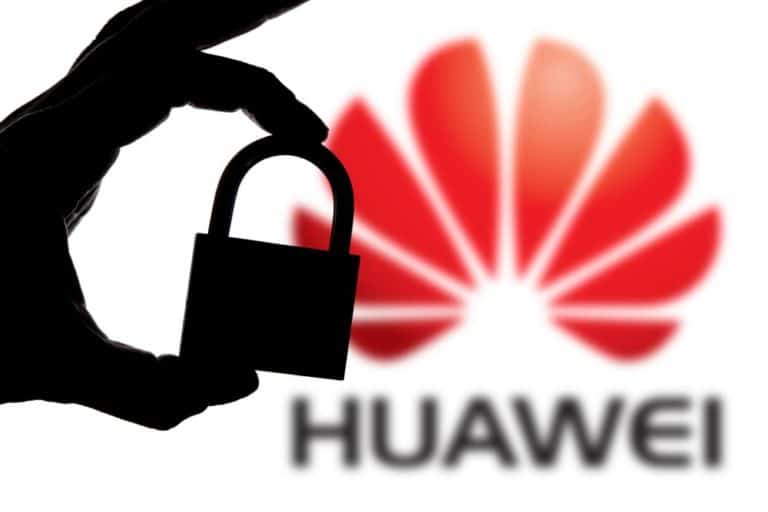A survey suggests that Germany has become more dependent on Huawei for its 5G radio access network equipment (RAN) than it was for its 4G network, despite rising concerns over Chinese influence on critical infrastructure.
In response to significant pressure from the US, many European nations have barred Chinese corporations from operating their 5G networks.
However, according to a survey conducted by telecoms consultant Strand Consult, Huawei accounts for 59 percent of Germany’s 5G RAN infrastructure, made up of base stations and components that connect devices to the network. Huawei plays a larger role than it did for 4G networks (57 percent).
Security threat
The report, which will be issued next week but was reviewed in advance by Reuters, presents an overview of Huawei and ZTE’s responsibilities in the deployment of next-generation mobile networks across Europe, highlighting Germany for its continued reliance on Huawei.
The study says that there are indications that Germany has not taken security threats posed by China seriously. Strand Consult compared the situation with the Nord Stream 2 gas pipeline. Germany’s dependence on Russian gas had long been criticized as a security risk, but Berlin justified the relationship by saying that Russia would not weaponize energy. We all know how that turned out.
Huawei
Huawei has repeatedly denied accusations of the company posing a security risk due to its ties with Beijing. It accused Washington of having a protectionist desire to advance US companies that lack the technology and cost efficiency to compete with Chinese counterparts.
Two years ago, Germany passed an IT security law setting high standards for telecom equipment in critical infrastructure. However, telecom operators have opted to stick with the minimum requirements, which critics believe defeats the purpose. “If this attitude continues, we will need to tighten the legal framework,” said Jens Zimmermann, a lawmaker for the Social Democrats (SPD).
